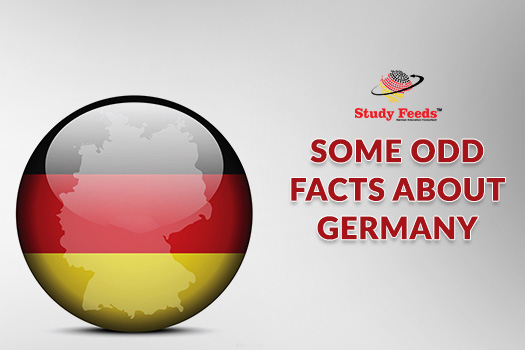German is a funny, weird and yet a fascinating language. If you know German or are taking German Language Classes in Delhi, you must have come across some words that spell the same but pronounced differently. Yes, they are similar to the homophones that we have in English.
Since the German language is quite flexible in nature, there are certain words that have been formed and taken shelter. With these German words that sound similar but have a different meaning altogether, you may get confused, thus making hilarious or offending sentences. Here, we are going to tell you the difference between these words through a mini German pronunciation dictionary:
1. Schwul vs schwül
The word schwül translates to humid, while the word Schwul refers to gay. If you tell someone that the weather is gay or schwul, they’ll probably think that you are insane. The umlaut present on the letter u in the word schwül indicates a different vowel quality and hence completely changes the meaning of the word. Hear German words pronounced for more clarity.
2. Scheide vs. scheiden
Here, the only difference in the two words is the letter “n”. Well, that letter is the troublemaker. While the word scheiden means divorce, the word Scheide means vagina. Imagine you telling someone that you want a vagina. If you say that, get ready for a tight slap. We know it’s not your mistake, but that’s when you know that you really need to work on your vocabulary and know how to pronounce German words correctly.
3. Brüste vs. Bürste
Umlauts in German pronunciation play a very important role. Now if you ignore them, you are likely to have some raised eyebrows; thanks to your pronunciation. The word Bürste means a brush. You change the order of the letters “u” and “r” and the word so formed is Brüste, meaning breasts. Imagine you walk into a departmental store and ask the store owner for a brush, but pronounce it as Brüste. The owner is likely to kick you out of the store because they don’t sell breasts. See the difference?
4. Vorspiel vs. Vorspeise
When you visit any restaurant, you usually order starters. Die Vorspeise is a starter in a German restaurant. Das Vorspiel, on the other hand, means foreplay. Wait, did you just tell the waiter for foreplay? You’re either in a trouble or have given the entire restaurant a reason to laugh. Anyway, you made their day!
5. Nacht vs. nackt
If a person who is not fluent in German comes across the word Nacht, it is difficult for him/her to pronounce the ‘ch’ sound, which is the only factor that differentiates it from the word Nackt. While Nacht means night, the word Nackt means naked. Know the difference! Also, learn about the German compound nouns for better clarity.
Conclusion
The German language is tough to learn, because of its vast dimensions and deep roots. But once you get a hold of the language and you know the distinction between these confusing words, no one can stop you from attaining fluency in the language. Learn the German language from the Best German Language Institute in Delhi and save yourself from the embarrassment.




